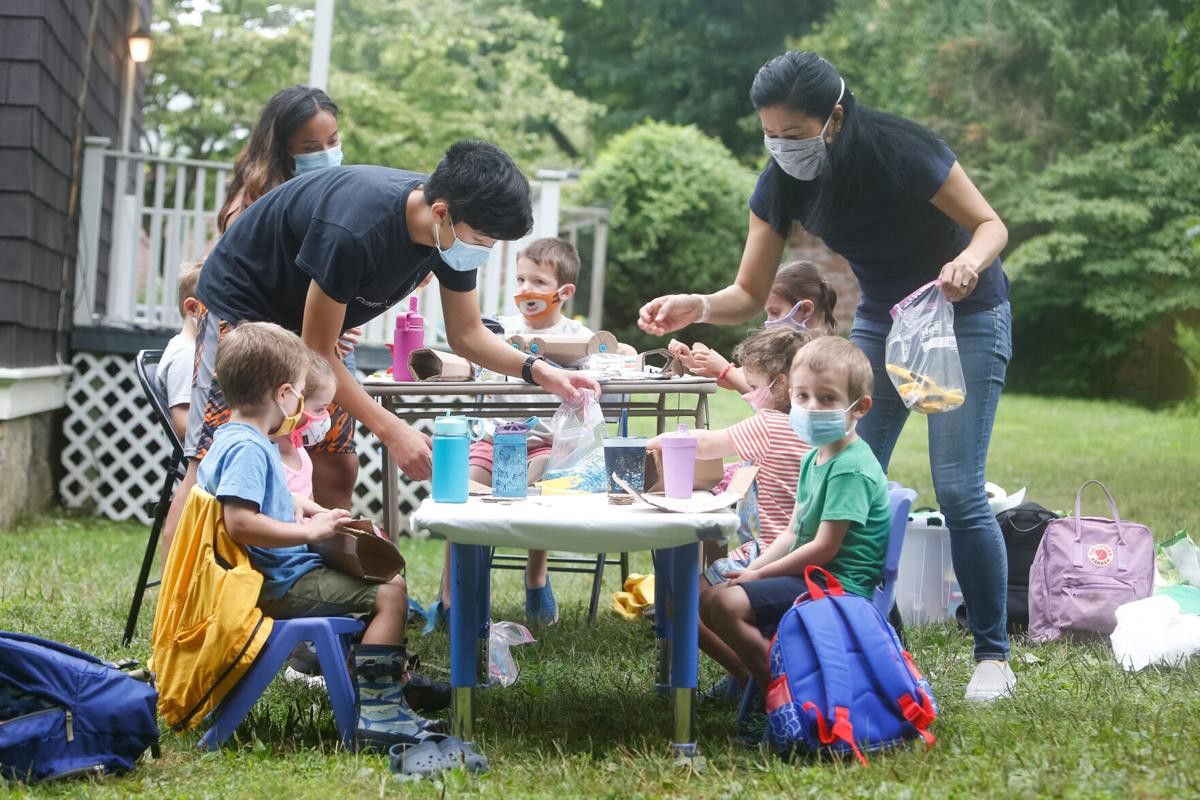Jess is a single mom with a 9-year-old son named Tom. Six months ago, they moved to a new city. Back in their hometown, Jess and Tom had their own social circles. Tom had a group of friends with whom he could play and do homework assignments, but since they moved in the middle of the COVID-19 pandemic, Jess decided to homeschool Tom.

However, Jess is worried about both Tom’s decrease in social interactions and activities as well as her own lack of connection to the people in her new community.
Can you imagine the pressure of moving to a new place, being a single parent or immigrant, and homeschooling a child all on your own? These are the struggles Jess is facing, and she is carrying the entire weight on her shoulders.
The pandemic has changed the perceptions of many families, teachers, and community members about the effectiveness of the current education model and importance of social interactions.
As a result, the traditional education system based on the same predetermined curriculum for all students has been reviewed, and concerns about students’ social interactions have increased as online education has expanded.
Most importantly, many families did not prepare themselves for the uncertainty and shortcomings of the government and education system.

